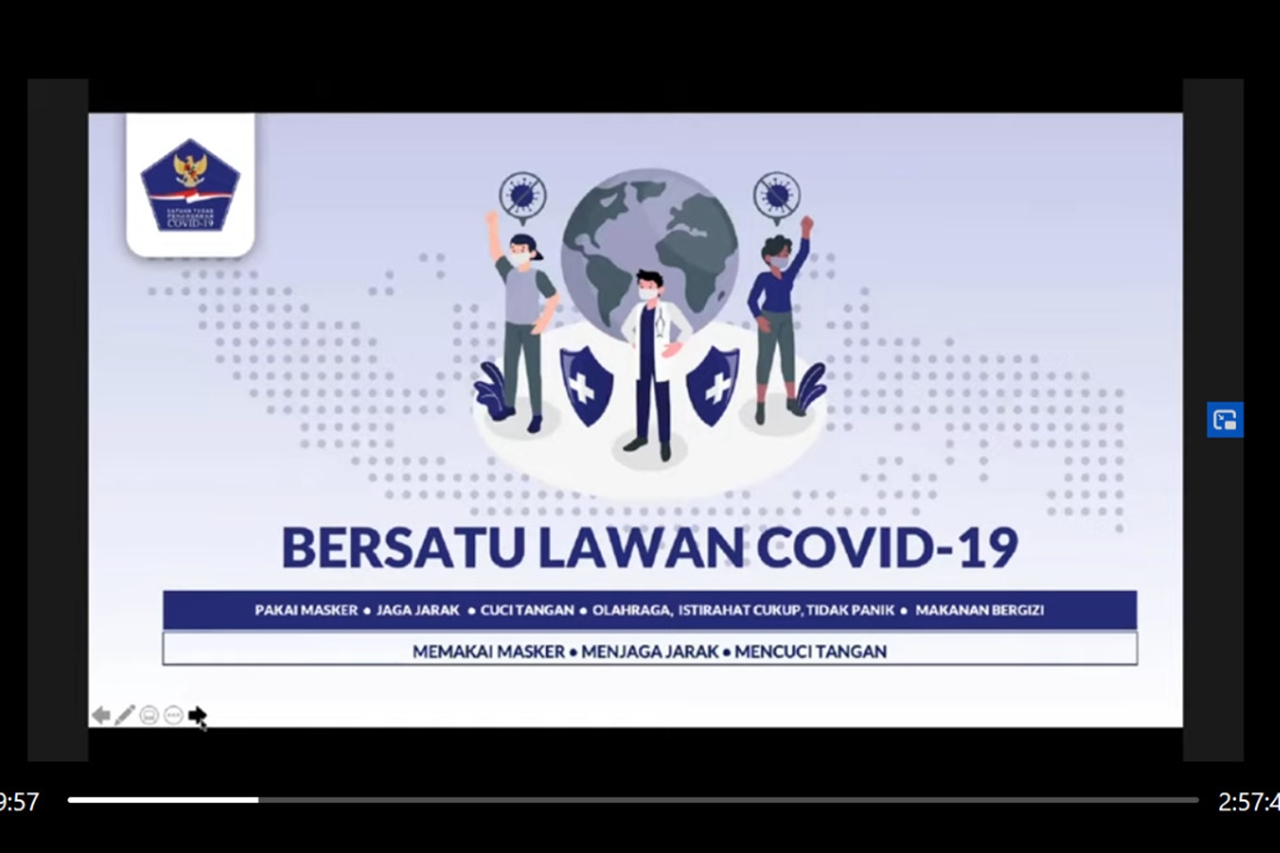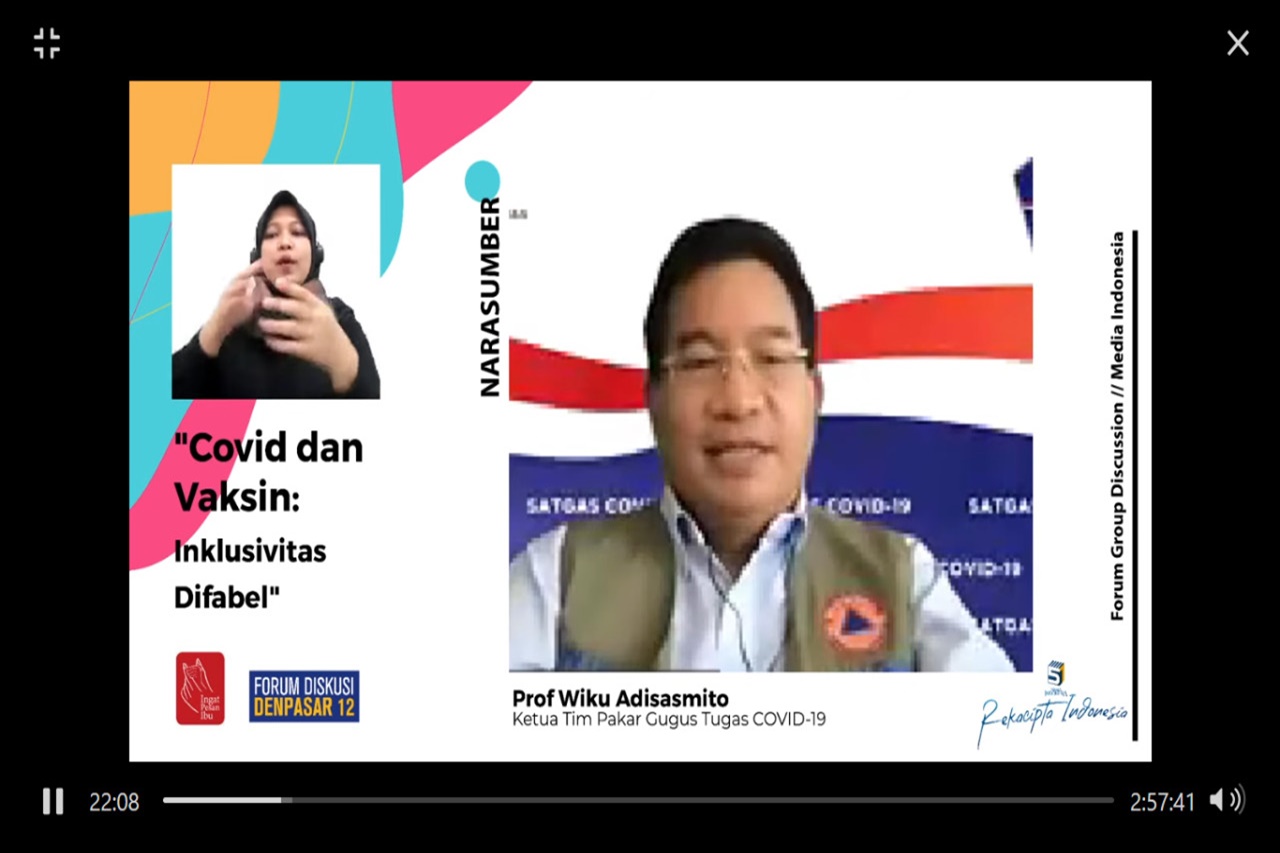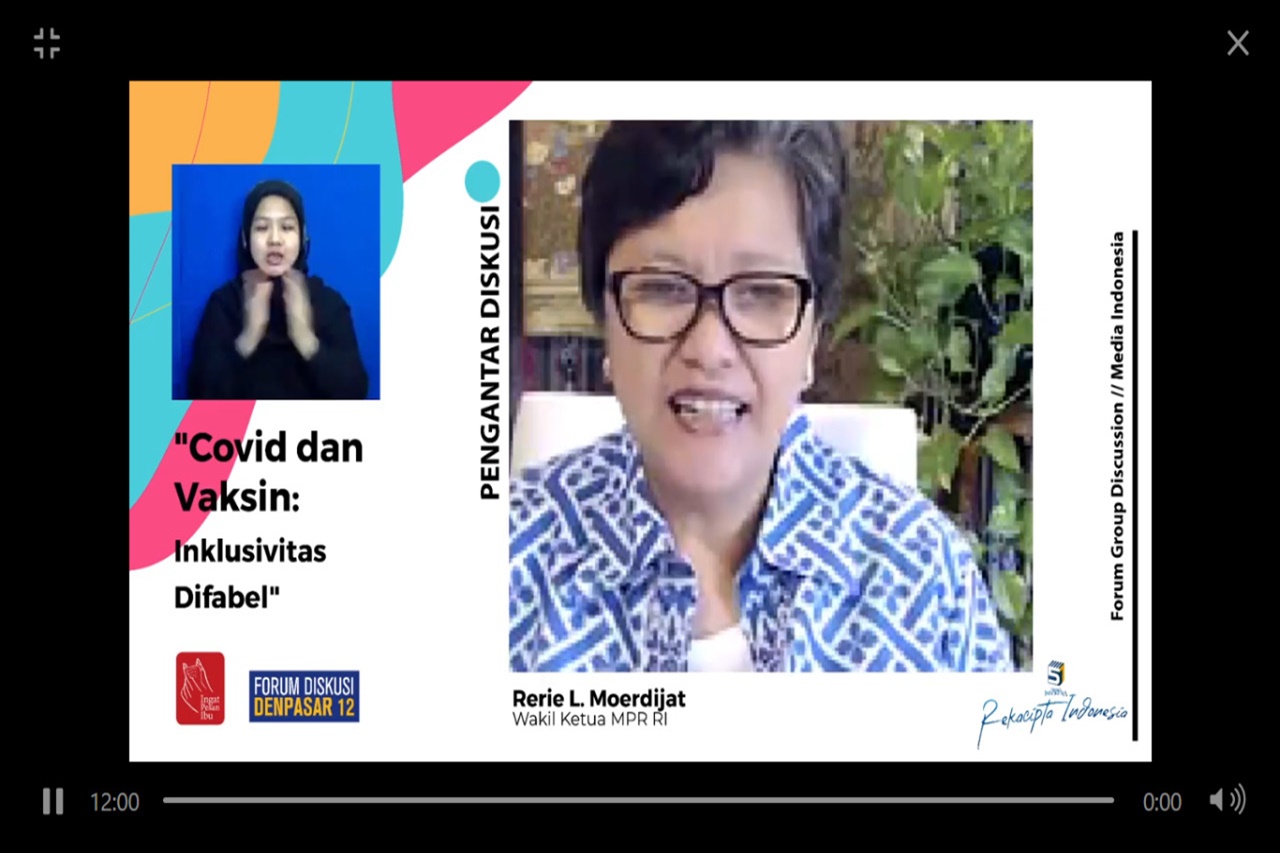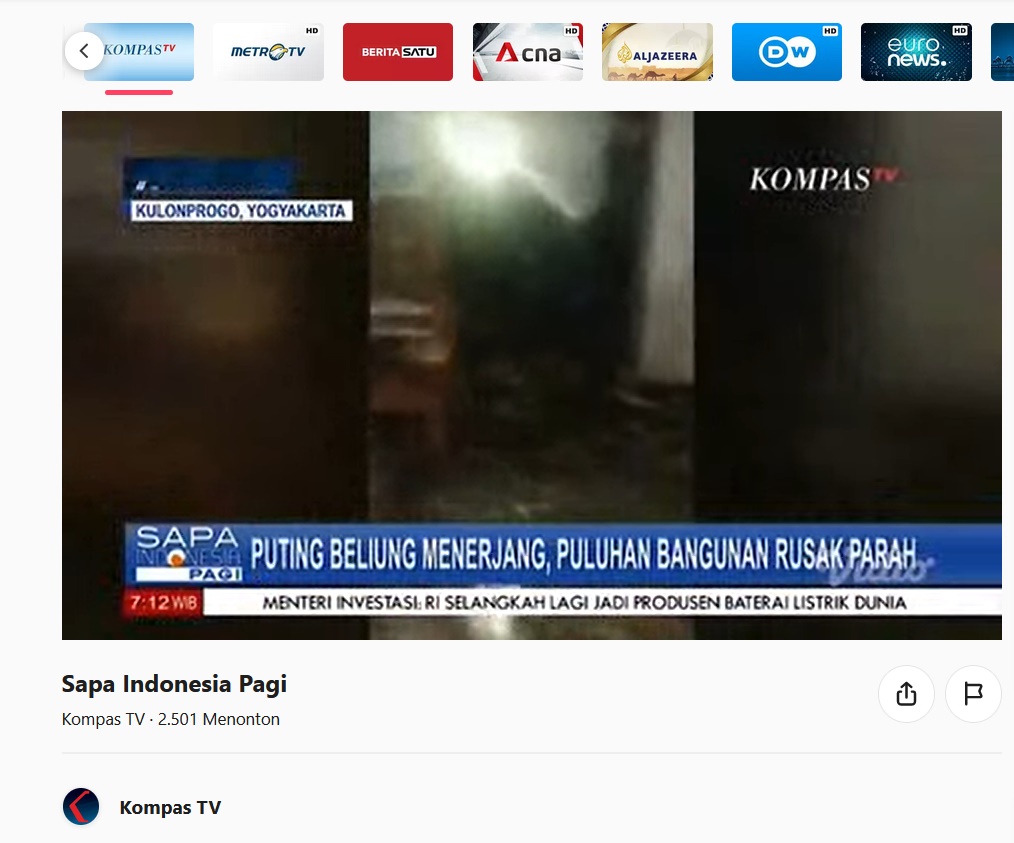"For example, for
persons with hearing disabilities who use sign language, of course, the use of
masks is not the same. Likewise, how to wash hands for persons with
disabilities who use wheelchairs.
Persons with disabilities need special care and assistance", she
added.
The Ministry of Social
Affairs during the prevention period against COVID-19 has carried out dissemination
and education for both Persons with Disabilities, Assistants for Persons with
Disabilities and the Center for Disabilities as UPT of the Ministry of Social
Affairs and managers of community-owned Social Welfare Institutions (LKS).
Eva said that the Ministry of Social Affairs since the beginning of the
COVID-19 pandemic has issued Protection Guidelines Health and Psychosocial
Support for Persons with Disabilities and Guidelines for the Work of Facilitators
and Social Workers for Persons with Disabilities in Prevention of COVID-19.
"For Persons with Disabilities who are impacted socio-economically,
the Ministry of Social Affairs has distributed social assistance in the form of
basic food packages. The data collection system for social assistance
recipients are sourced from Social Welfare Integrated Data (DTKS)," said
Eva.
The Ministry of Social
Affairs also seeks to make adjustments to the Adaptation of New Habits through
the Social Rehabilitation Assistance (ATENSI) platform which is family,
community and residential based. The adaptation of new habits in 19 (nineteen)
Centers for Disability of the Ministry of Social Affairs is also in line with
the development of a digitization program to accommodate the skills and the creativity of Persons with Disabilities through the marketplace on the website:
www.creativedisabilitiesgallery.com.
"Regarding the
provision of vaccines for Persons with Disabilities, there is a need for
efforts to strengthen information about vaccines and health as well as the mechanism for implementing vaccines," said Eva. This effort can be
maximized by involving facilitators, LKS managers, and social volunteers.
The Deputy Chairperson of
the Indonesian People's Consultative Assembly, Rerie L. Moerdijat reminded all
members of the community, in the midst of the COVID-19 pandemic, pay attention
to the principle of leaving no behind for Persons with Disabilities.
"Don't let them fend for themselves. The state is obliged to ensure that
citizens are safe in their current conditions, including Persons with
Disabilities", said Rerie.
"The impact of
COVID-19 targets all community groups including Persons with Disabilities as
vulnerable groups in society," said Wiku Adisasmito as Chair of the
COVID-19 Task Force Expert Team.
The COVID-19 pandemic has
resulted in Persons with Disabilities facing obstacles in accessing essential
care and information to reduce their risk. Therefore, it is necessary to
develop communication messages that can be accessed by Persons with various disabilities including physical,
mental, sensory, and intellectual disabilities.
An accessible website and a fact sheet to ensure that Persons with Disabilities can read COVID-19
information. Press conferences and COVID-19 news using sign language
interpreters and any form of communication that does not rely solely on written
information should be designed and used.
Community-based
organizations and community leaders can become partners in communicating and
providing mental health and psychosocial support for Persons with Disabilities.
Besides, Persons with Disabilities must also be involved in all stages of
overcoming the COVID-19 outbreak.
 English
English
 Bahasa
Bahasa




